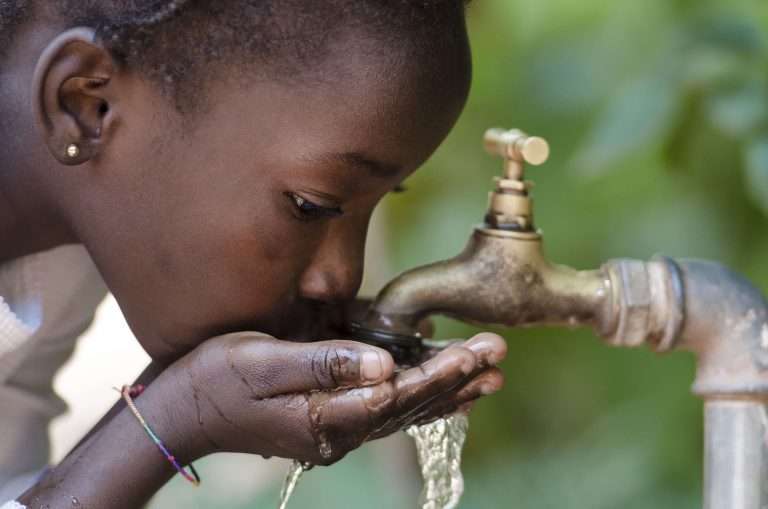UNICEF warns cholera threatens 80,000 children across Africa

UNICEF has raised the alarm over a growing cholera threat in Central and West Africa, warning that an estimated 80,000 children are at risk due to relentless rains, according to Africa News on July 31st.
Flooding has intensified ongoing cholera outbreaks in countries such as the Democratic Republic of the Congo (DRC) and Nigeria, increasing the likelihood of the disease spreading to neighbouring nations.
With mass displacement, overstretched healthcare systems, and poor sanitation infrastructure plaguing the region, the disease is spreading rapidly.
UNICEF Regional Director for West and Central Africa, Gilles Fagninou, explained that “The combination of heavy rains, flooding, and mass displacement is creating a perfect storm for cholera transmission,” adding, “With safe water and hygiene already scarce, this is a fight for survival.”
Currently, the DRC remains the hardest hit with over 38,000 infections and 951 deaths reported in July, and more than a quarter of those affected were children under five.
Poor sanitation and limited access to clean water have made provinces such as South Kivu, North Kivu, and Tanganyika particularly vulnerable.
In Congo’s capital, Kinshasa, weeks of torrential rainfall have triggered a surge in cases and overwhelmed hospitals. The city’s cholera fatality rate has reached 8%, raising fears of the worst outbreak since 2017.
Adding to regional concerns, the UN has warned that Sudan’s deteriorating health situation may spill into neighboring countries like Chad. This risk is becoming more urgent as Chad has now reported 55 suspected cholera cases, including four deaths, at a refugee camp near the border.
Meanwhile, Sudan is battling a major outbreak of seasonal diseases—including cholera, malaria, and dengue fever—as ongoing heavy rains strain its fragile healthcare system.
In Nigeria, over 3,000 cases and 86 deaths have been documented across 34 states by June. Cholera remains endemic, with the rainy season worsening its impact on an already fragile healthcare system.
Children displaced in these regions, whether by conflict, natural disasters, or other causes, are at significantly higher risk of contracting these diseases.
UNICEF is urging a rapid scale-up in access to clean water, sanitation, and medical aid. “Children are paying the highest price,” Fagninou stressed.
As the rainy season continues, the window to contain the outbreak is rapidly closing, making a coordinated regional response more critical than ever.
Africa news, Maghrebi.org
Want to chase the pulse of North Africa?
Subscribe to receive our FREE weekly PDF magazine












